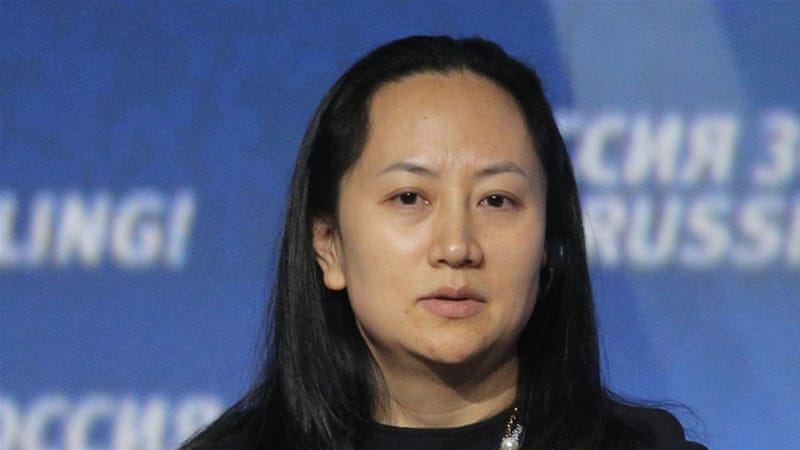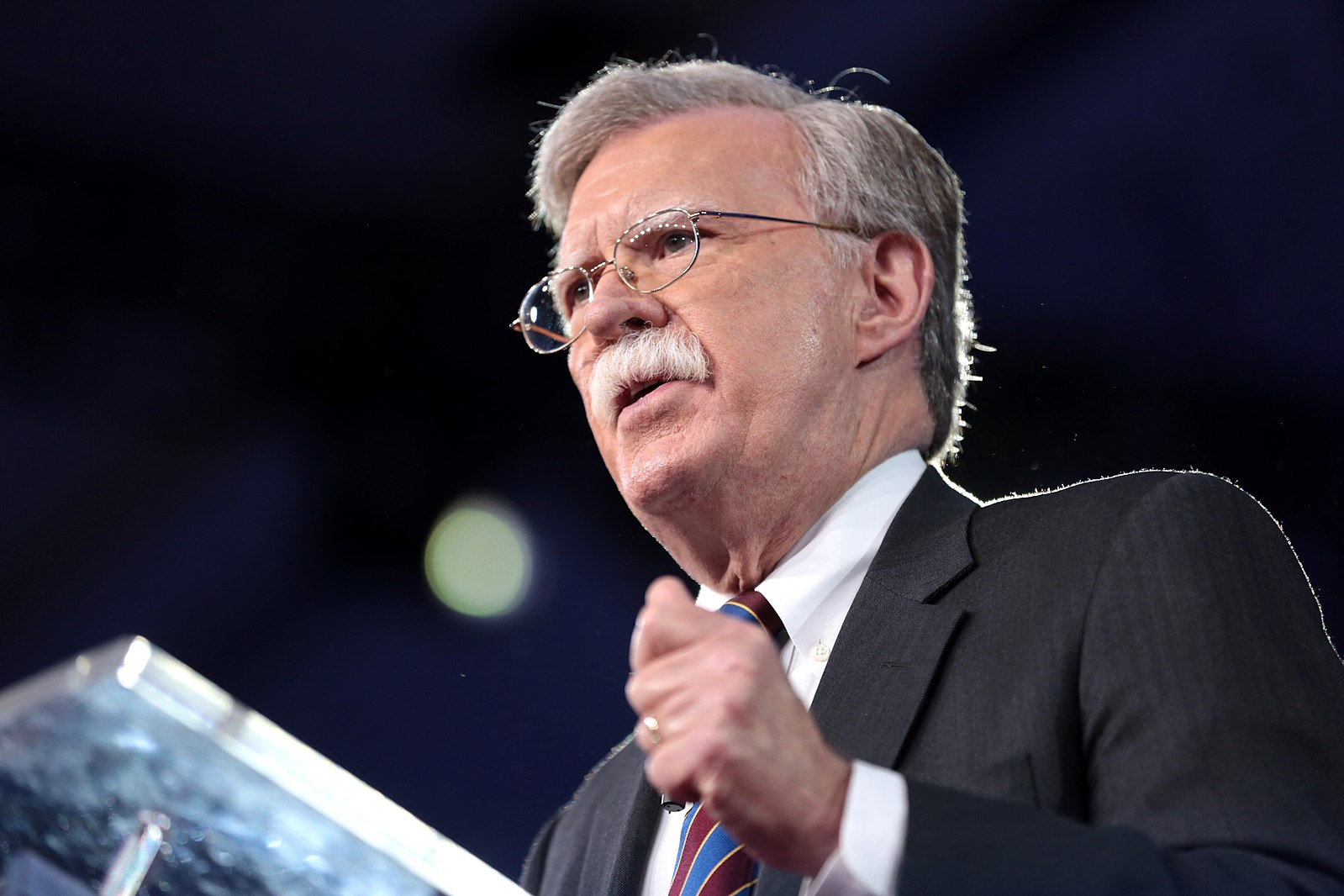
 Post-G20 Detentions & Tech Tensions
Post-G20 Detentions & Tech TensionsOn December 1st, the same day President Trump and President Xi met to discuss the ongoing trade war, Huawei CFO, Meng Wanzhou (孟晚舟) was arrested in Vancouver and now faces extradition to the US under charges of conspiring to defraud banks. The Chinese telecoms mogul was released on bail this week for the steep price of $10 million.
Meng's (un)timely arrest has sparked fervent speculation regarding US motives. Many view the arrest as a sharp-power move on behalf of the US to pressure China to ease up on trade negotiations. Trump's comments Tuesday about using Meng's detention to benefit trade negotiations support such speculations.
On December 10th, China detained former Canadian diplomat Michael Kovrig in Beijing on possible charges of espionage. Three days later, China's Ministry of Foreign Affairs confirmed that a second Canadian citizen was detained under suspicion of "activities that endangered China's national security." Many suspect these detentions are retaliation for the arrest of Meng Wanzhou.
Meng's arrest also extends beyond violations of trade sanctions against Iran — The US has long alleged that the telecoms giant posed a threat to its national security, while US tech struggled to compete with Huawei's successful 5G technologies. Sanctions violations could be an indirect way to tackle Washington's larger concern over national security.
Japan followed suit on Thursday, banning Huawei purchases in 14 sectors.
High-tech tensions increased further when, in a surprise move, China sided with Qualcomm in ongoing patent litigation and banned the sale of all iPhone models older than the XS, XS Plus and XR, amounting to 10-15% of iPhone sales in China.
 China's Trade Concessions
China's Trade ConcessionsDespite these disputes, China has been relatively tempered towards the ongoing trade negotiations with the US.
On Wednesday, China followed through on trade agreements with the US and made an impressive purchase of 1.5 million tons of soybeans, amounting to the ninth largest single-day soybean sale for the US. However, this purchase only adds up to 3.5% of China's US soy purchases from the last year. While a good sign, US farmers are far from satisfied.
In another conciliatory move, Beijing relaxed "Made in China 2025" by removing the strategy from a list of national policy initiatives. Washington has long been critical of this strategy, claiming it promotes an uneven playing field for the US tech industry.
 US's new "Africa Strategy"
US's new "Africa Strategy"In a similar vein, the US is increasingly looking to contain China's influence in Africa. On Thursday, National Security Advisor John Bolton introduced President Trump's new Africa strategy at the Heritage Foundation. Bolton said the new strategy was aimed to counter Russia and China's expanding economic and political influence on the continent, citing the two countries' "predatory practices."
According to Bolton, the United States plans to reward countries such as Kenya that are committed to "good governance" with increased investment and aid, while pulling out of countries that don't meet those standards. Ultimately, Bolton says that this new strategy intends to "put the interests of the American people first."
Prepared by China-US Focus editorial teams in Hong Kong and New York, this weekly newsletter offers you snap shots of latest trends and developments emerging from China every week, while adding a dose of historical perspective.
- 2018-11-30 Trump and Xi Set to Face Off at the G20
- 2018-11-26 Xi Strengthens Alliances in Preparation of G20
- 2018-11-16 World Leaders Meet at ASEAN and APEC Summits to Discuss Economic Strategy
- 2018-11-09 US and China Hold Delayed Diplomatic and Security Dialogue
- 2018-11-02 Presidents Xi and Trump Talk Possible Trade Deal
- 2018-10-26 With U.S. Pressure, China and Japan Grow Closer
- 2018-10-19 Secretary Mattis Meets Chinese Counterpart in Singapore
- 2018-10-12 Trump and Xi May Meet at the G20
- 2018-10-05 U.S. Vice President Articulates Hard Line on China in Speech
- 2018-09-28 A Turbulent Week For China-U.S. Relations at the UNGA
- 2018-09-21 China Will Not Purposefully Devalue the Yuan, Premier Li Keqiang Says
- 2018-09-14 China and the U.S. Discussing New Trade Talks, As Pressure Over Trade Policy Grows
- 2018-09-07 Forum on China-Africa Cooperation Yields New Pledges
- 2018-08-31 BRI’s Fifth Anniversary Comes Amidst Debate Over Sustainability
- 2018-08-24 Trade Talks Continue in DC as New Tariffs Hit
- 2018-08-17 Trade Talks Back On
- 2018-08-10 American Natural Gas Industry Braces for New Chinese Tariffs
- 2018-08-03 Tentative Signs of U.S.-China Cooperation at the ASEAN Summit
- 2018-07-27 President Trump’s Trade War Bailout
- 2018-07-20 Xi Charms the World
